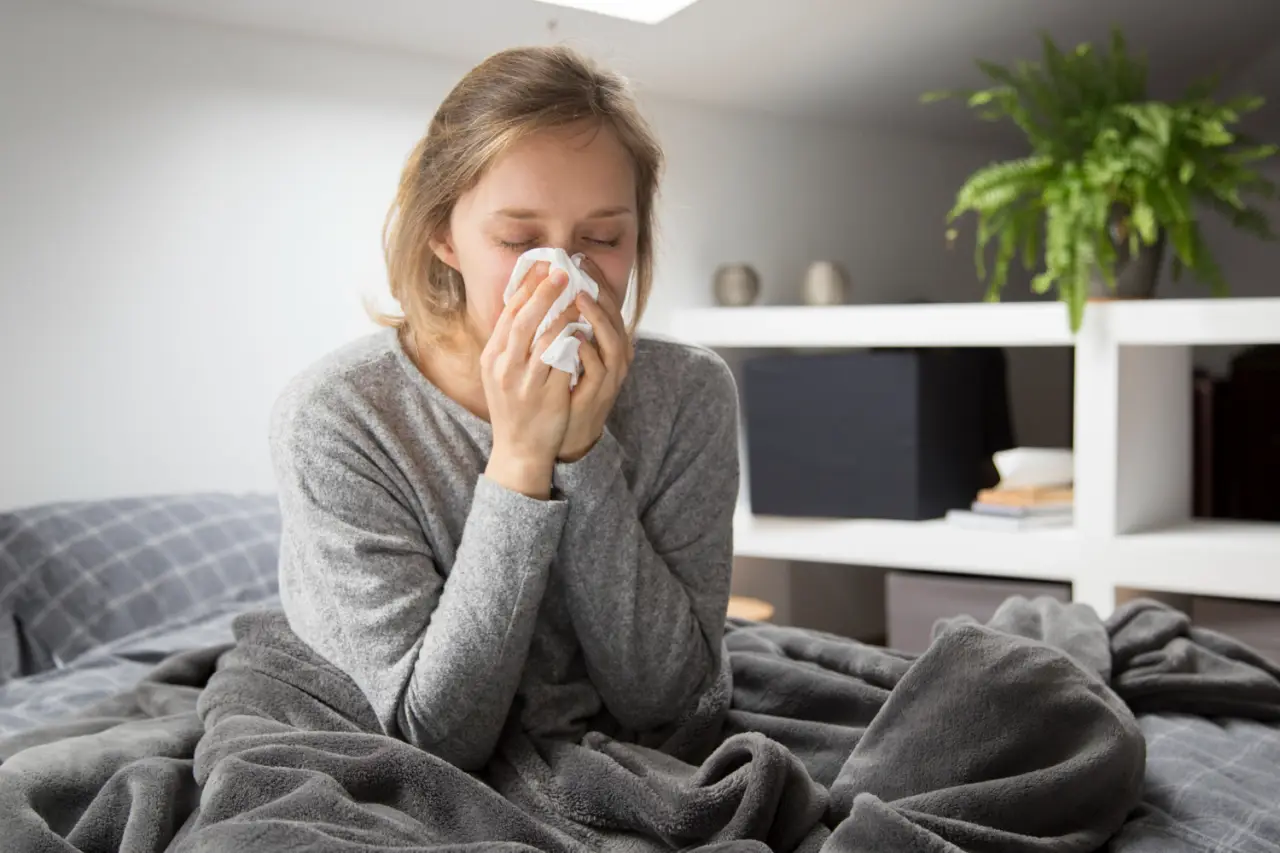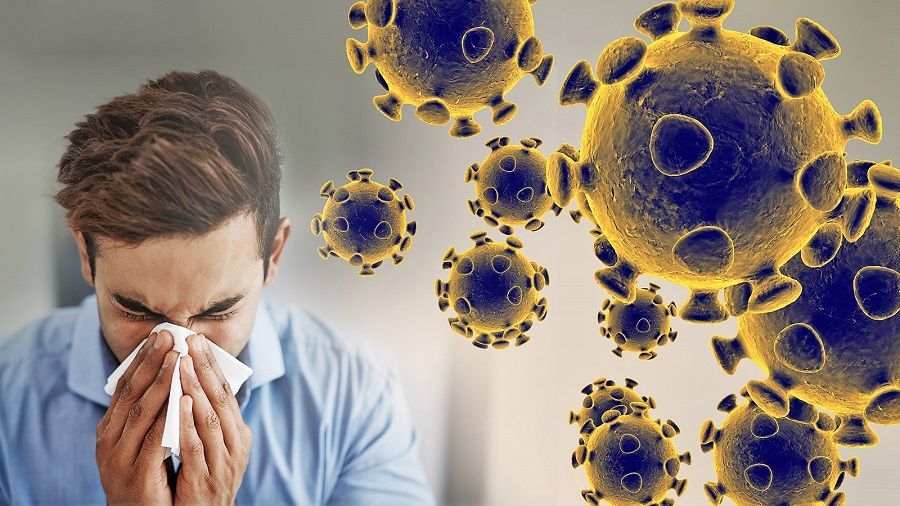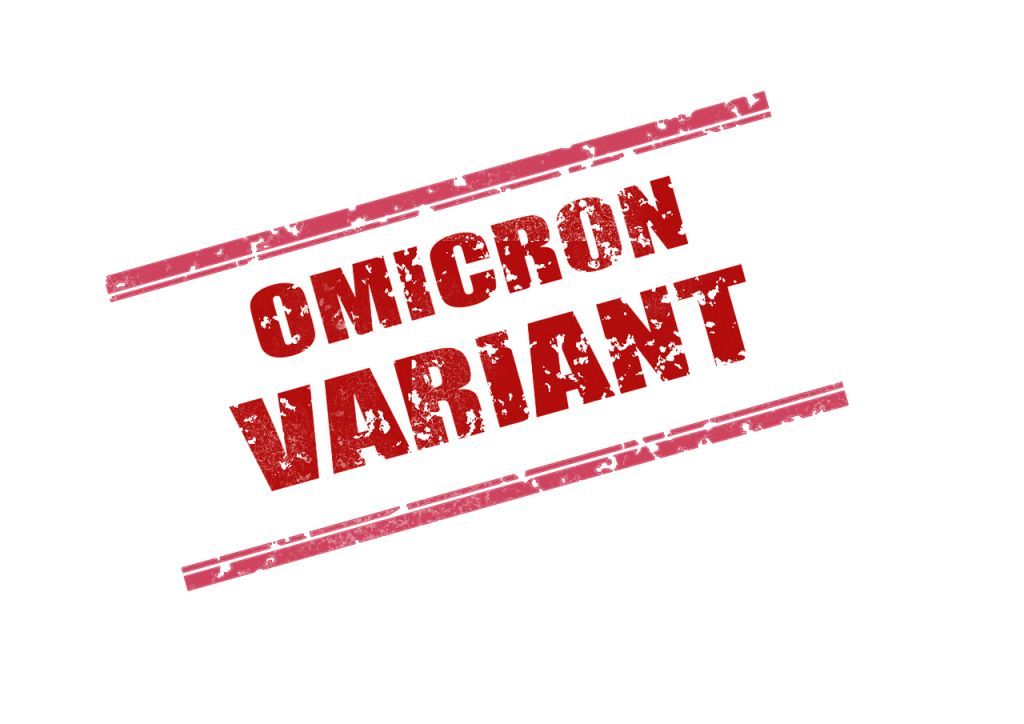COVID-19 infections in Spain are rising again, with the new Pirola variant causing concern. This surge comes just as summer begins, contrary to previous trends of higher infections during colder months.
The Pirola variant, also known as BA.2.86, shares symptoms with common colds and allergies, including coughing, sneezing, and headaches. These overlapping symptoms make it harder for individuals to recognize and respond to the virus quickly.
Antigen tests are in high demand at pharmacies, alongside medications for respiratory symptoms. This increase in testing indicates a growing awareness and concern among the public, despite the virus being milder due to widespread vaccination. Vulnerable individuals, however, still face the risk of severe illness.
Recent data from the Carlos III Health Institute’s Acute Respiratory Infection Surveillance System (SiVIRA) reveals a significant increase in hospital admissions. The positive rate in hospitals has jumped from 25.1% to 33.2%, with current infection rates at 107 cases per 100,000 inhabitants, up from 85 the previous week. This represents a fourteenfold increase in a month. Additionally, travel news has reported a rise in infections following Taylor Swift’s concerts in Madrid, highlighting the impact of large gatherings on virus transmission.
The trend is not isolated to Spain. The United States also reports rising COVID-19 cases, particularly in states like Montana and Florida, where the virus levels in wastewater are very high. Emergency room visits have increased by 12.6% nationwide, though hospitalizations remain low.
Experts like Ilan Rubin from Harvard’s Center for Communicable Disease Dynamics highlight that the timing of vaccinations plays a crucial role. If vaccinations peak in the winter, immunity may wane by summer, coinciding with increased travel and social activities, creating conditions ripe for virus transmission.
The Pirola variant stands out with over 30 changes in its spike protein compared to its closest relative, the BA.2 subvariant of Omicron. However, current evidence does not suggest significant differences in symptoms from other Omicron variants. Common symptoms include sore throat, headache, congestion, sneezing, muscle pains, fever, and loss of smell. In some cases, nausea and vomiting are also reported.
The Spanish Ministry of Health urges the public to follow protective measures despite the mild nature of the current virus strain. Recommendations include covering your nose and mouth when coughing or sneezing, using disposable tissues, maintaining hand hygiene, wearing masks when showing respiratory symptoms, and staying updated with vaccinations.
This latest wave of infections has renewed focus on the importance of personal and public health measures to protect the vulnerable and manage the spread of COVID-19 effectively. As the summer progresses, the situation continues to be closely monitored by health authorities, with potential for reintroducing stricter measures if necessary.













